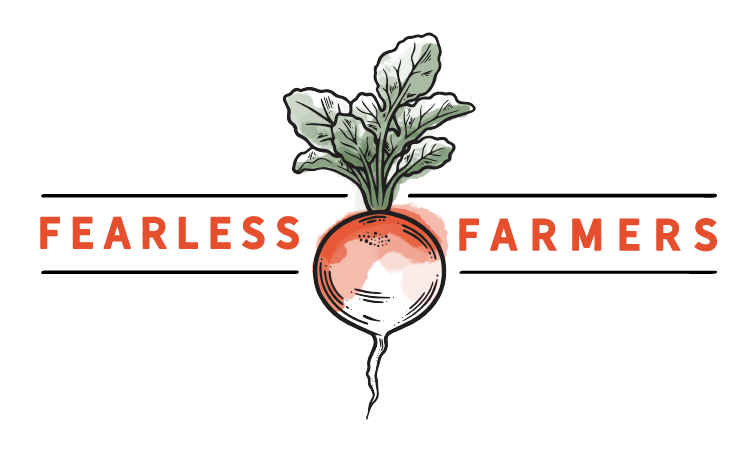
Since 1992, countries around the world have been working toward a future fostered through sustainable development, peace, and prosperity…
33 years into this journey, only 17% of the United Nations Sustainable Development Goals are on track to be achieved…

We think there’s a missing ingredient…
We need to equip citizens to act for the larger planetary good…
To do this, we need formal and informal education that builds ecological literacy—the ability to observe our surroundings, understand our relationship with the environment, and consider the social, economic, and ecological dimensions of our decisions. This lens fosters critical thinking, reflection, and broader problem-solving perspectives, skills essential to cultivating the global partnerships needed for a sustainable future.
Embedding Ecological Literacy Education
Fearless Farmers
Around the country, many farms are teaching youth to connect with the natural world. We support these farms by empowering farm education teams with skills and lessons to foster ecological literacy in these informal learning settings.
Fearless Educators
The need for the adoption of ecological literacy education in formal education settings is urgent. However, few educators have the skills needed to foster this learning. We support educators, schools, and school districts with implementation through a blended learning of theory and practice supported with a Next Generation Science Standards aligned curriculum for immediate classroom integration.
The 5E Model
Developed by the Biological Sciences Curriculum Study in 1987, the 5E Instructional Model aimed to create a learning cycle that teachers could use effectively in classrooms to foster not only conceptual learning but scientific skills and interest. Our licensed curriculum is designed using the 5E Model and this Model is also taught in our program pathways for Educators and Farmers so that program graduates can extend the Model into any lesson they aim to teach.
-
This first stage introduces a problem or event in a context familiar to students but which they are not able to explain. Students are encouraged to activate prior knowledge and use curiosity-based inquiry.
-
In this stage, the educator guides an inquiry activity that fosters reasoning and conclusions in a collaborative problem-solving environment.
-
Educators guide students in the organization of new knowledge with a focus on supporting a later ability to apply what they know.
-
In this stage, students extend their new knowledge by applying what they have learned to solving a problem in a new context. At this stage in ecological literacy focused inquiry, we can expose students to social, economic, and environmental contexts to foster deep understanding.
-
In this, stage, skills are assessed through a challenge activity. Evaluation is also highly impactful if integrated throughout the other stages for reflective learning along the way.
Program Design
The Fearless Farmers program and learner curriculum are built around four themes.
Understand ecosystem processes and the relationship between soil health, human well-being, and ecological resilience.
Understand interdependence and caring for the land in a way that improves the health of all beings and the planet.
Connect agriculture, life, and community. Gain a new perspective on environmental problem-solving.
See the relationships between soil, plant health, and livestock. Connect these influences with food systems.
An Example Lesson Plan
Download a copy of this lesson for a closer look
Feel like this is right up your street?
You can get started on the path to becoming a Certified Fearless Farmers Educator today.
























